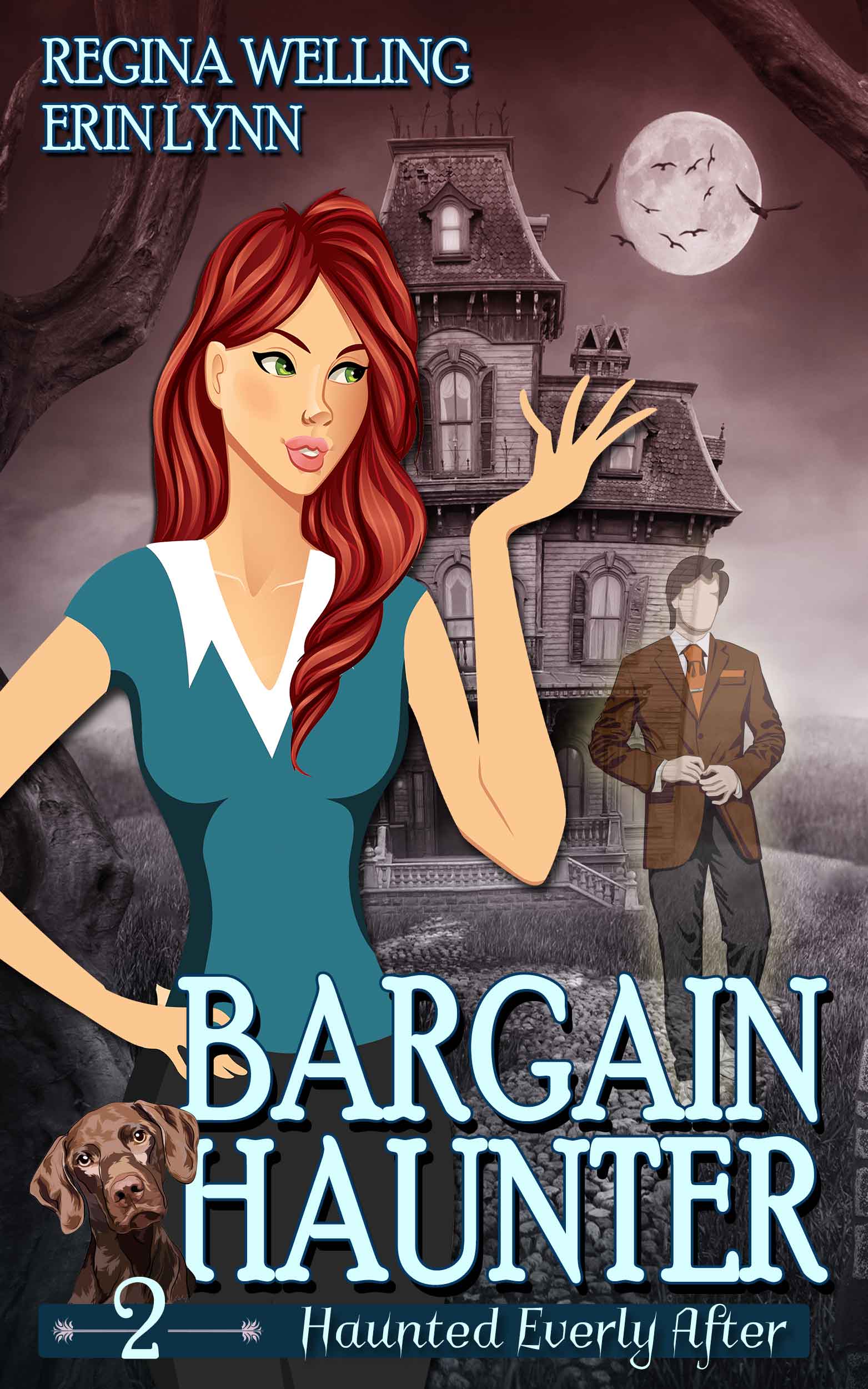
Bargain Haunter – Book 2
Just another day in Mooselick River.
When her marriage ended, Everly Dupree landed on her feet with only a few minor stumbles. She moved back home, bought a great house, got involved in town events, and found a job…maybe not the best job in the world, but it covered the bills, and that was enough.
A few short weeks later, Everly is beginning to realize things in Mooselick River aren’t what they used to be. A new road system has bypassed the town, funneling most of the tourist traffic toward the up-and-coming resort to the north. Without tourism revenue to keep it afloat, Mooselick River might just become Everly’s next ghost.
Martha Tipton has plenty of ideas for bringing the town back to its heyday, but she needs someone with the skills to make her plans a reality. Enter Everly Dupree whose history of event planning makes her the perfect candidate.
Amid planning a town-wide yard sale, Everly finds her boss, Spencer Charles, crushed to death by a mountain of recycled paper. The next thing she knows, Everly has inherited a chocolate lab named Molly, and has landed right in the middle of another ghostly mystery.
If you like gutsy heroines who are not afraid of taking on a new start, you’ll love this cozy, paranormal series.
Amazon - Kindle Unlimited - Paperback Amazon Large Print B&N Paperback - B&N Large Print




